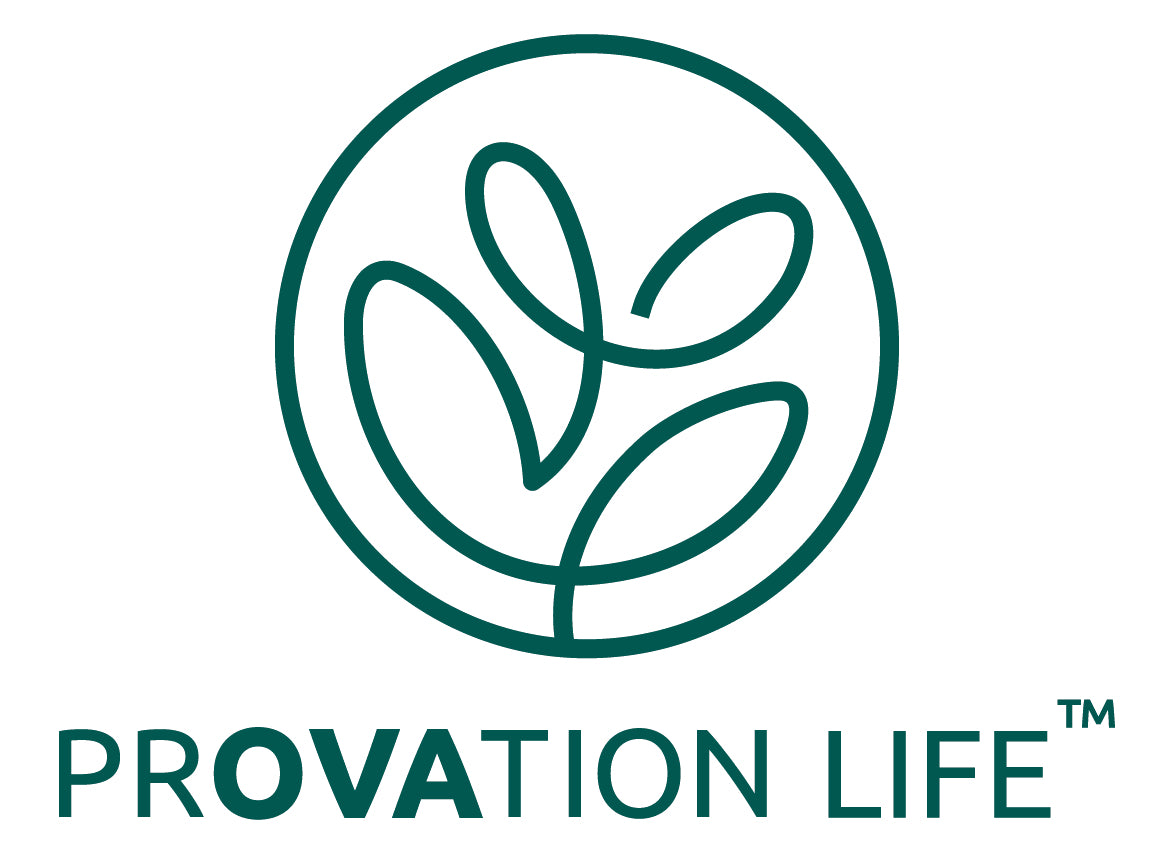Polycystic ovary syndrome (PCOS) is a hormonal disorder that affects women of reproductive age. It is characterized by various symptoms, including irregular menstrual cycles, high levels of androgens (male hormones), and the formation of small cysts on the ovaries.
Caffeine, which is commonly found in coffee, tea, energy drinks, and some sodas, is a stimulant that affects the central nervous system. While there isn't a direct link between caffeine and PCOS, some studies suggest that caffeine consumption may have certain indirect effects on PCOS symptoms and hormone levels.
- Insulin resistance: Women with PCOS often have insulin resistance, which means their bodies have difficulty using insulin effectively. Some research suggests that caffeine may impair insulin sensitivity, potentially exacerbating insulin resistance in women with PCOS.
- Hormonal imbalance: PCOS is associated with hormonal imbalances, particularly elevated levels of androgens such as testosterone. Caffeine intake may increase the production of cortisol, a stress hormone that can indirectly influence the production of sex hormones like testosterone. This could potentially worsen the hormonal imbalance associated with PCOS.
- Sleep disturbances: Caffeine is a well-known stimulant that can interfere with sleep patterns. Adequate sleep is crucial for maintaining hormonal balance and overall well-being. Sleep disturbances caused by caffeine consumption may indirectly impact PCOS symptoms and worsen hormonal imbalances.
It's important to note that the effects of caffeine can vary from person to person. Some individuals with PCOS may tolerate caffeine well, while others may experience adverse effects. It's always a good idea to consult with a healthcare professional, such as a gynecologist or endocrinologist, for personalized advice and recommendations based on your specific health situation. They can provide guidance on managing PCOS symptoms, including dietary considerations.
Related Articles:












